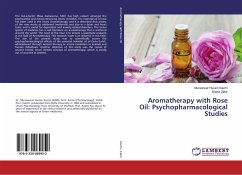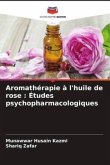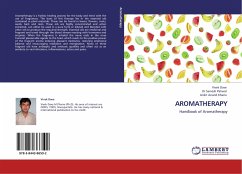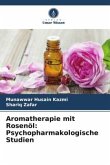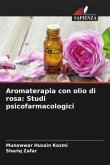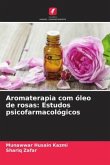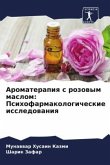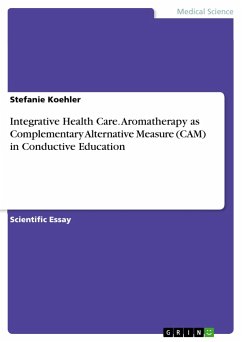The Gul-e-Surkh (Rosa damascena, Mill.) has high esteem amongst the psychoactive and mood enhancing Unani remedies. The essential oil of rose has been used in the Unani Aromatherapy, and it is described that aroma of the rose works as exhilarant (mufarreh) and also as a brain and heart tonic, and is useful for depression and anxiety related disorders. The Unani system of medicine has a vast literature on aromatherapy that is scattered around the world. The need of the hour is to initiate a systematic research in the field of Aromatherapy. This research work is an initiative in this field. The aim of the present study was to scientifically screen the psychopharmacological effects of the essential (volatile) oil of Gul-e-Surkh, administered through aerosol therapy or aroma inhalation in animals and human individuals. Another objective of this study was the revival of ancient holistic Unani (Greek) concept of Aromatherapy; which is mostly out of practice at present.

